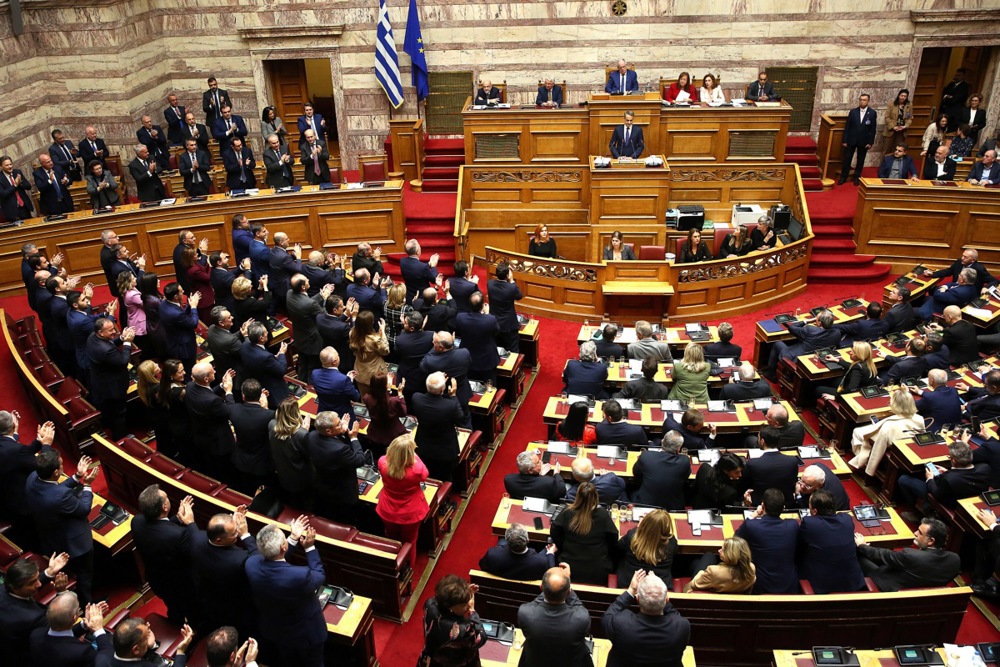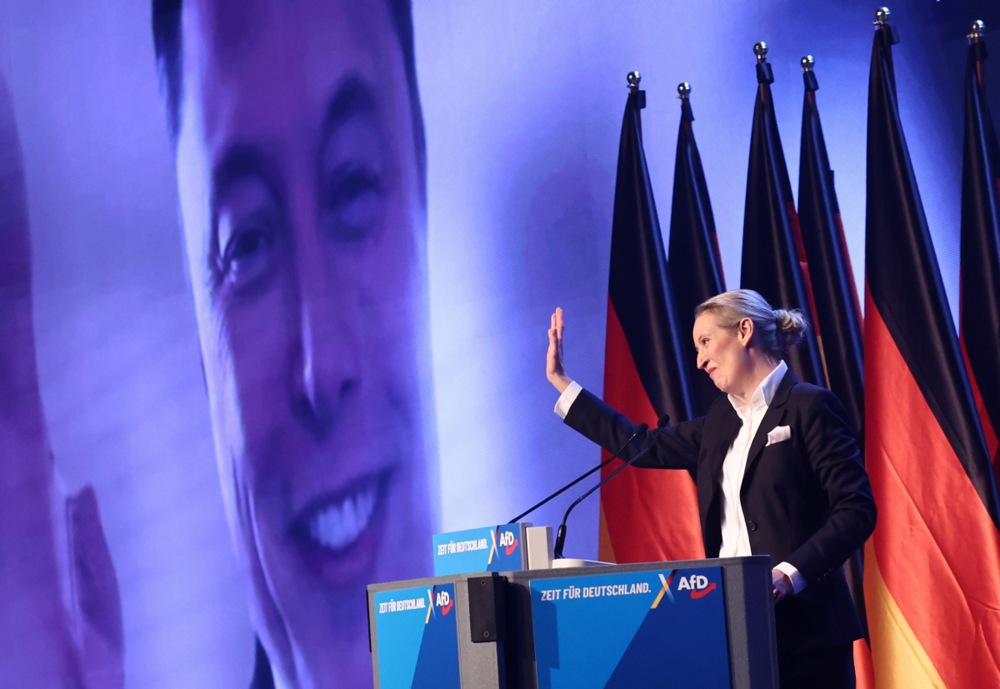A left-wing think-tank connected to the Socialist faction in the European Parliament, the Foundation for European Progressive Studies (FEPS), has been fined €35,960.09 for breaching regulations on party funding.
The Authority for European Political Parties and European Political Foundations (appf) ruled that the FEPS “irregularly” gave European taxpayer money to a New Year Conference in 2023 held by the UK Fabian Society.
The European Parliament annually allocates millions of euros to European political parties and their associated foundations.
In 2024, that amounted to €50 million for political parties and €24 million for foundations.
The Socialists received €10 million for the party and €5 million for their foundation.
While the fine was limited in this regard, it came at an awkward moment as Socialists have been complaining about alleged foreign interference in European elections including Germany; they have now been found to have actively interfered in the British ballot.
The conference funded by the FEPS was titled Pathway to Power, seemingly echoing the the UK Labour Party’s manifesto standpoint. The FEPS was additionally penalised for an accompanying book called Leading the Way – Lessons for Labour from Europe.
The appf is a body of the European Union in charge of registering, controlling and imposing sanctions on European political parties and European political foundations.
The body imposed a fine of 100 per cent equivalent of the quantifiable infringement on the FEPS.
The Authority stressed a key provision of EU legislation bars European political foundations from using their funding for any other purpose than for financing their tasks according to Regulation (EU, Euratom) No 1141/2014.
“This includes a prohibition of indirectly funding parties at the national level or other foundations,” it said.
“This prohibition is also an opportunity for European political foundations to be more visible and to make a difference for citizens of the EU, with European content of their own – complementary to, but going beyond, local political interests of their national partners and members.”
“The Authority, having considered the legal framework and the facts in light of FEPS’s submissions, finds that the funding by FEPS of the activity (i) exceeded the limitations of its tasks as a European political foundation and (ii) constitutes indirect funding to a national party.”
According to appf, FEPS’ funding did not fall under any of the tasks of a European political foundation. That was because it was not related to European integration, did not promote democracy in a third country and lacked an educational, academic, or reflective purpose.
In its defence, FEPS argued that its activity was linked to the Labour as a broader political movement rather than the UK Labour Party itself but the authority rejected the claim.
The authority further noted that FEPS provided an advantage to the UK Labour Party by offering free advice and support on its “pathway to power” manifesto campaign ahead of the British elections last July.
This benefit came through its MPs and delegates attending the relevant conference and the later public release of a book that covered key UK policy areas.





